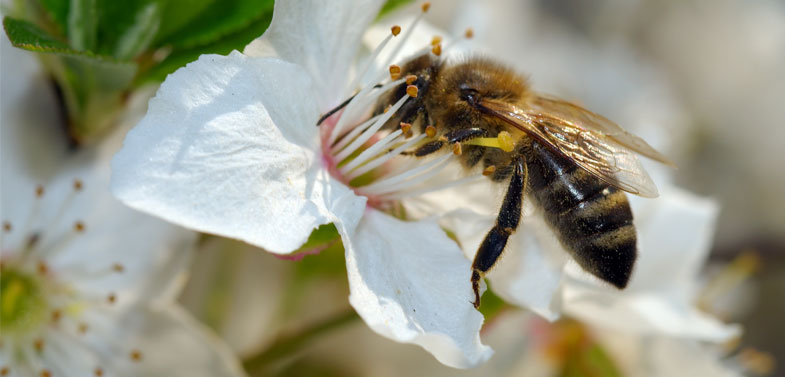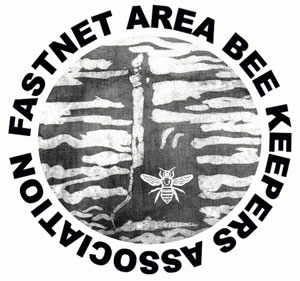
Beekeeping is a wonderful hobby and, in comparison to other hobbies, it is not likely to break the bank. The longer you are at it the less costly it will become because you’ll have made a few bigger investments in equipment along the way that will last for years with a little TLC.
Practical things to consider when going into beekeeping are: where are you going to place the hive(s), so they are not a nuisance to you or your immediate neighbours or their animals? Once you have the hive placement location sorted, mentally at least, the next thoughts are a few, starting with: how good are you with bees? And will you have an hour to spare once a week to every 9 days to go into the hive and have a good ol’ look around for progress and other things that are going on in there?
Now, if you are a complete novice then get reading as many bee-related articles you can put your eyes to, and get familiar with the terminology so that when you join a beekeeping course (such as ours!), you won’t be hearing these words and descriptions for the first time. You will learn the ‘How’ the ‘Where’ and the ‘When’ much quicker than you imagine.
Honey bees are probably the most studied animal/insect of all time, yet we are still learning new things about them. Honeybees have been kept by families for centuries. No other animal/insect has this distinction, so you’re not the first beekeeper!

There is a big difference in being a ‘Keeper of Bees’ and being a ‘Beekeeper’. Remember before you start: these are livestock you are going to be caring for, so it’s necessary to have foreknowledge of what is expected of you and to know how to look after your bees in the best way possible.
By joining a training course for beginners you will learn the essential do’s and don’ts from experienced beekeepers, rather than learning from costly mistakes and getting flustered and fed up or, worse still — giving up! By joining a local training course you will also be able to get to know like-minded enthusiasts.
Next: Essential Equipment
